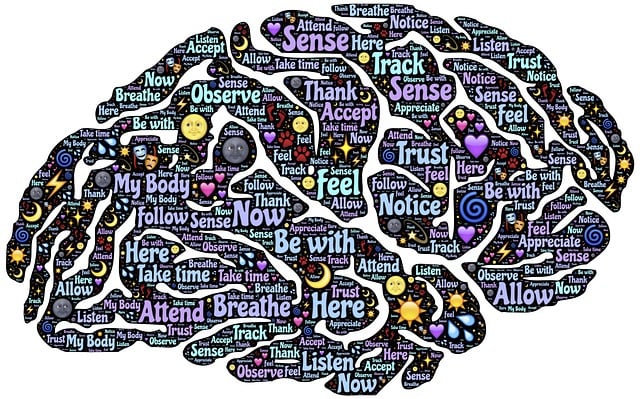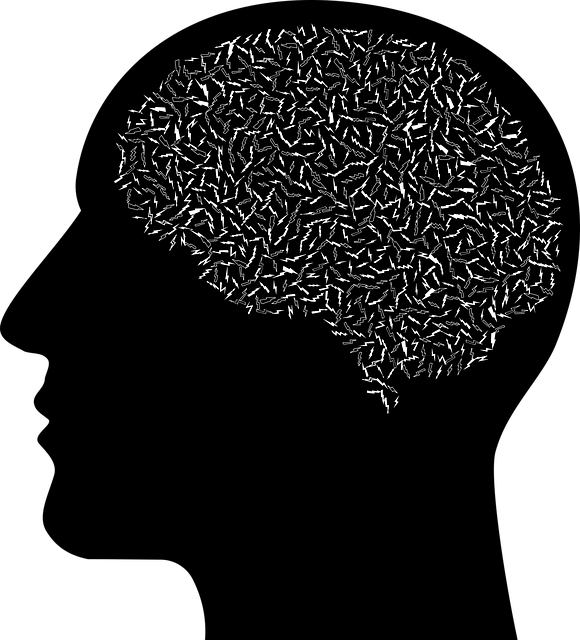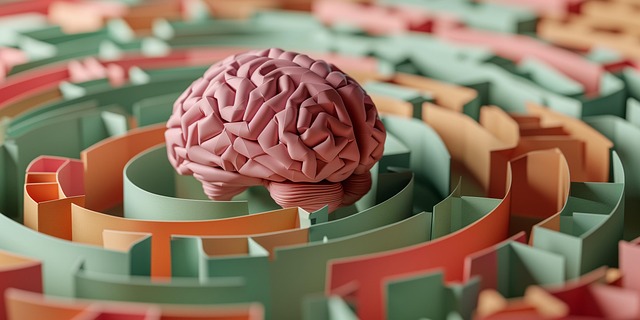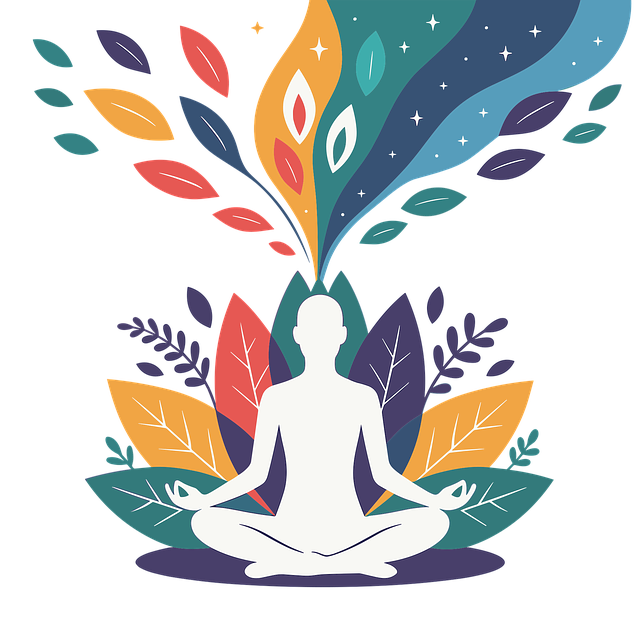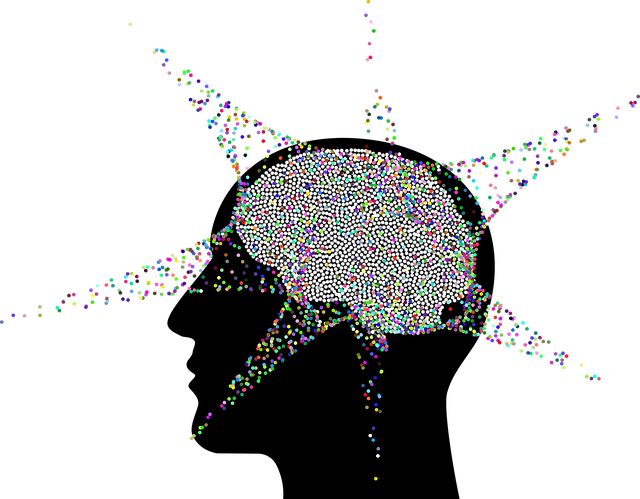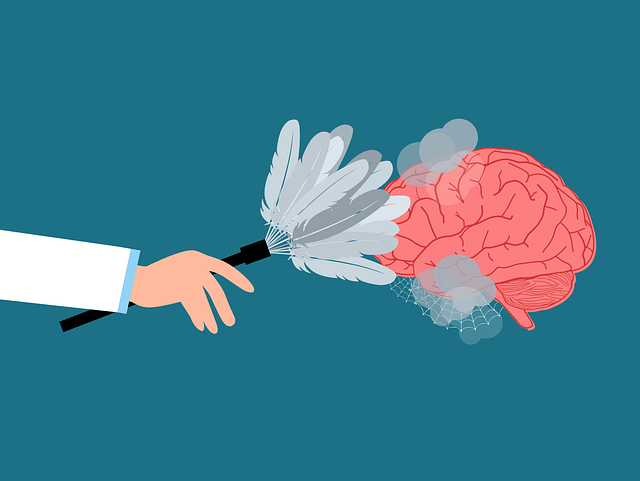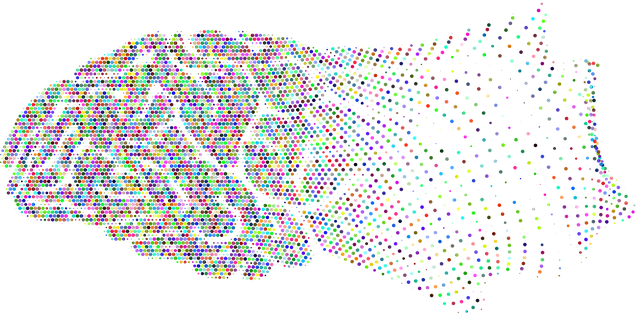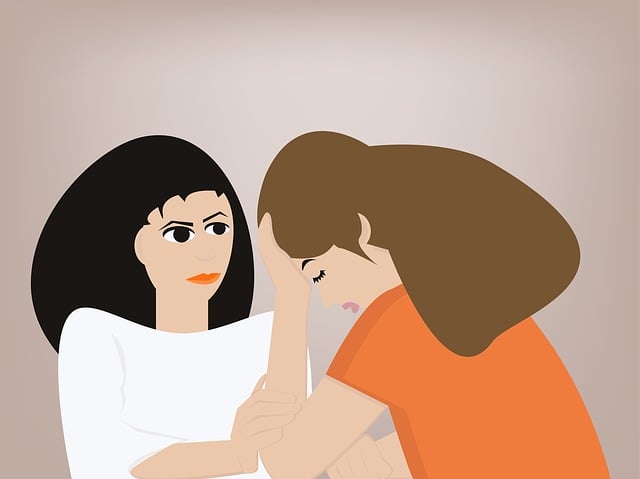Golden Geriatrics Therapy is a specialized approach designed to help older adults manage emotions effectively, addressing unique challenges and promoting mental well-being. This therapy combines self-awareness exercises, coping skill development, and personalized self-care practices to enhance emotional resilience. By teaching techniques like mindfulness, cognitive restructuring, and conflict resolution with cultural sensitivity, it aids in managing mental illness, reduces stigma, and improves quality of life. The structured yet adaptable framework includes risk assessment, safe environment creation, and practical examples for learning core concepts. This approach benefits diverse groups, proven successful in social skills training and community outreach programs, leading to improved emotional intelligence, reduced stress, and enhanced life satisfaction.
Emotion regulation techniques are essential tools for managing and understanding our inner states. This comprehensive guide explores Golden Geriatrics Therapy, an innovative approach that has revolutionized emotional well-being. We delve into the concept, offering a step-by-step guide for facilitators and practical applications with real-world success stories. Learn how to integrate these techniques into daily life for continuous growth, utilizing methods like Golden Geriatrics Therapy for enhanced emotional intelligence and overall health.
- Understanding Emotion Regulation: Unraveling the Concept
- Golden Geriatrics Therapy: An Innovative Approach
- Teaching Techniques: A Step-by-Step Guide for Facilitators
- Practical Applications: Real-World Benefits and Success Stories
- Integrating Emotion Regulation into Daily Life: Tips for Continuous Growth
Understanding Emotion Regulation: Unraveling the Concept

Emotion regulation is a complex yet essential skill that involves managing and controlling one’s emotional responses effectively. It is a cornerstone of mental well-being, especially for older adults, as it enables them to navigate life’s challenges with resilience. The concept has gained significant attention in the field of geriatric therapy, where professionals like Golden Geriatrics Therapists play a vital role in teaching individuals how to understand and manage their emotions healthily.
Understanding emotion regulation involves recognizing that emotions are a natural part of human experience but that excessive or prolonged emotional reactions can lead to difficulties in daily functioning. Through various techniques, such as mindfulness practices, cognitive restructuring, and conflict resolution skills (including those learned through Cultural Sensitivity in Mental Healthcare Practice), individuals can develop a deeper awareness of their emotional triggers and learn adaptive strategies to respond rather than react impulsively. This process not only benefits older adults in managing mental illness but also contributes to stigma reduction efforts by fostering a more positive perception of emotional health and recovery.
Golden Geriatrics Therapy: An Innovative Approach

Golden Geriatrics Therapy offers a unique and innovative approach to emotion regulation for older adults, focusing on their specific needs and challenges. This therapeutic method utilizes a combination of self-awareness exercises, coping skills development, and self-care practices tailored to promote mental well-being in this demographic. By incorporating age-appropriate activities and strategies, it aims to enhance emotional resilience, improve overall quality of life, and provide effective tools for managing stress and difficult emotions.
The therapy’s core principle lies in empowering geriatric individuals to understand and regulate their feelings better, fostering a sense of control and empowerment. Through guided sessions, participants learn to identify triggers, develop personal coping mechanisms, and incorporate self-care routines into their daily lives. This holistic approach not only addresses immediate emotional concerns but also equips them with long-lasting skills to navigate life’s challenges with greater ease and confidence.
Teaching Techniques: A Step-by-Step Guide for Facilitators

Teaching Emotion Regulation Techniques: A Step-by-Step Guide for Facilitators
The Golden Geriatrics Therapy approach emphasizes a structured, yet flexible, framework for emotion regulation skills development. Here’s a simplified guide for facilitators:
1. Assess and Tailor: Begin with a comprehensive risk assessment (including the Risk Assessment for Mental Health Professionals) to understand individual needs and vulnerabilities. Then, tailor your teaching methods and pace accordingly, ensuring accessibility for all participants.
2. Establish a Safe Space: Create an environment of trust and non-judgment through community outreach program implementation and inclusive practices. Encourage open dialogue and validate emotions, fostering a sense of safety where learners feel comfortable exploring their feelings.
3. Introduce Core Concepts: Teach fundamental emotion regulation strategies like deep breathing, mindfulness exercises, and cognitive reframing. Use simple language and provide practical examples to enhance understanding, particularly through the integration of Social Skills Training techniques.
Practical Applications: Real-World Benefits and Success Stories

Emotion regulation techniques have practical applications that translate into real-world benefits across various demographics. Golden Geriatrics Therapy, for instance, focuses on nurturing inner strength and emotional resilience in older adults, enabling them to navigate life’s challenges with greater ease. Through tailored interventions, this therapeutic approach helps individuals cultivate coping strategies and enhance their overall well-being.
Beyond geriatric care, these techniques have proven effective in social skills training for youth, fostering better interactions and relationships. Community outreach program implementation has also been successful, reaching underserved populations and promoting mental health awareness. Success stories abound, highlighting improved emotional intelligence, reduced stress levels, and enhanced life satisfaction among participants.
Integrating Emotion Regulation into Daily Life: Tips for Continuous Growth

Integrating emotion regulation into daily life is a key aspect of Golden Geriatrics Therapy, offering individuals tools to navigate their emotional landscape with greater ease. Beyond one-time workshops or sessions, continuous growth relies on embedding these techniques into routines. Start by allocating dedicated time for self-reflection and practice. Incorporate mindfulness exercises like meditation or deep breathing into morning rituals or break times at work. These moments of pause can significantly enhance your ability to respond rather than react during emotionally charged situations.
Additionally, fostering connections through Empathy Building Strategies with friends, family, or support groups provides a robust safety net. Regularly participating in Stress Management Workshops Organization can equip you with fresh perspectives and techniques for tackling challenges. Even brief moments of community engagement or sharing experiences with like-minded individuals can serve as valuable reminders that managing emotions is a shared journey. Should crises arise, having Crisis Intervention Guidance readily available ensures access to effective tools tailored to severe situations.
Emotion regulation is a powerful tool for enhancing overall well-being, and as demonstrated by the innovative Golden Geriatrics Therapy, teaching these techniques can have profound effects on individuals’ lives. By following the practical guide provided and integrating these strategies into daily routines, facilitators can empower others to navigate their emotions effectively. The real-world applications and success stories highlighted in this article underscore the importance of emotion regulation as a game-changer in personal growth and development.
